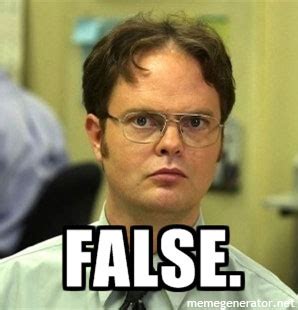I honestly have zero clue how taxes work on collectibles and cards fully, because the definitions on many things are all over the place it seems. In my country (Canada) we have a thing called “Personal Use Property” which may or may not apply to Pokemon cards, it simply refers to items as “Prints” with no underlying definitions specifically for trading cards within. Basically, anything under $1000 in sale does not need to be reported (which is great because many of my cards are under this price).
However, it also has this weird grey area where it comes down to sale frequency (i.e. are you a regular buyer/seller) and then when you have a lot more transactions all of a sudden you are considered a “business” selling cards instead of just an individual/casual seller and the tax implications change drastically.
For anything over $1000 I’ve sold through PWCC or privately under the table. When I sold through PWCC, it just went into my vault account and I bought more cards  . However, when I import the cards I do have to pay taxes on them technically.
. However, when I import the cards I do have to pay taxes on them technically.
So I think this is the way the Govt deals with it because they can’t clearly define taxation on this stuff accurately. I’ve talked to locals and many people I know have never reported taxes on cards or at least that is what they’ve claimed because it’s very difficult to define, and the Govt has made no effort to clarify things yet. They’re more worried about fine art and items over $100K in value it seems.
Here a paragraph I saved when I looked into this:
Personal Use Property
Under the tax rules, where an item is used primarily for your
personal use or enjoyment, it is called “personal use property.”
Many collectibles will fall into this category. When you
ultimately dispose of the item, or if it is still held at the time of
your death, a capital gain (or loss) may arise. When calculating
this gain or loss, if the cost of the property was less than
$1,000, then it is bumped up to $1,000. Similarly, if the amount
you received for it at the time of disposal is less than $1,000,
then your proceeds for tax purposes are also bumped up to
$1,000. Effectively, this means that no capital gain will arise
should you sell personal use property for less than $1,000.
Capital losses on personal use property, however, are deemed
to be nil, unless the item falls into the special category of
“listed personal property,” which is discussed later in this document.
I know this has no use to you as an American, but I just wanted to share my experience in case someone ever comes across this thread in the future.
